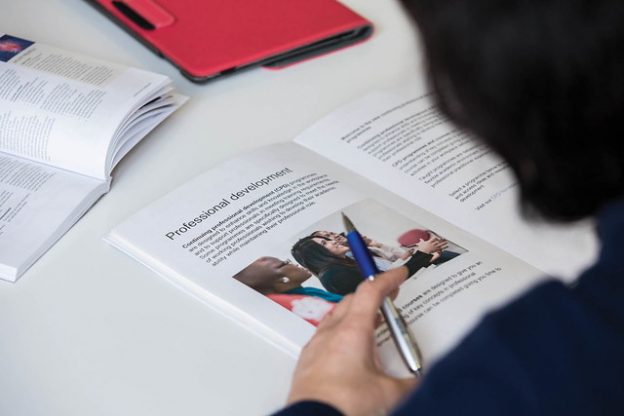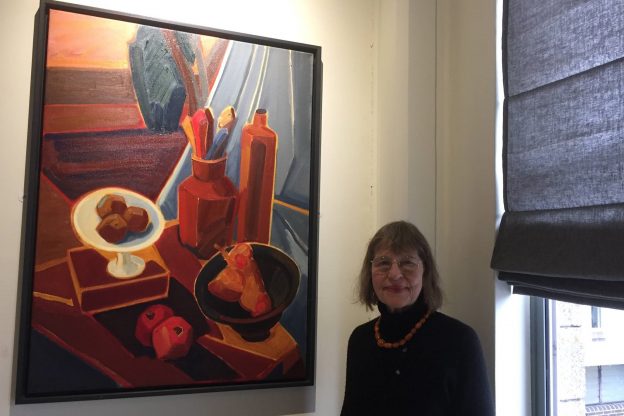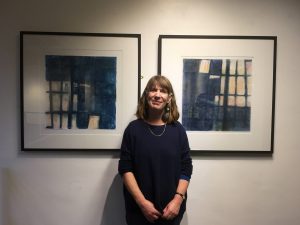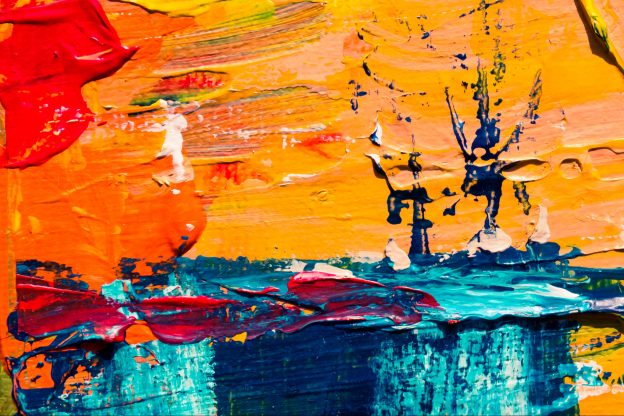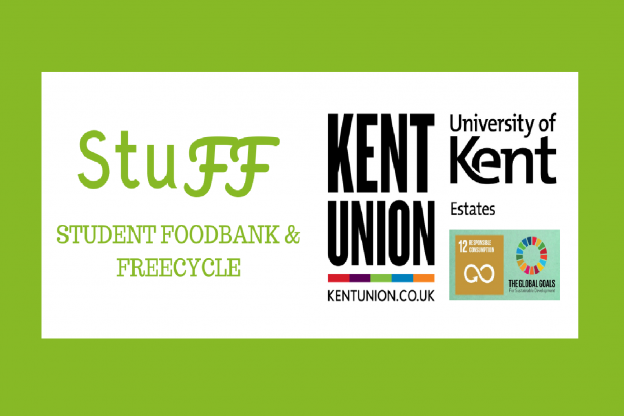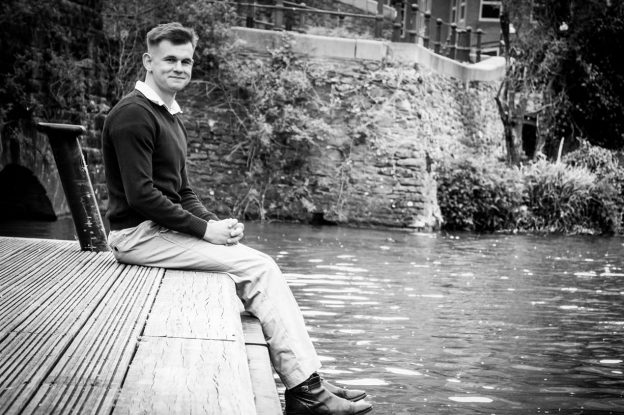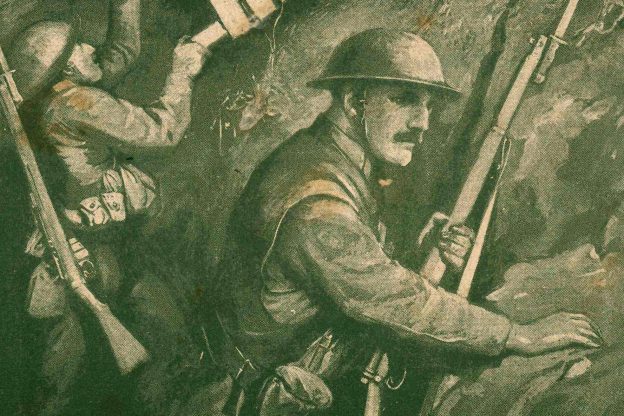“It must be wonderful working at a university with that long summer break.” That’s something you’ll hear a lot if you ever choose a career in higher education. For three months between the end of the summer term and the start of the next academic year, it would be nice to think that we all relaxed in hammocks with a glass of something chilled on hand. So students are often surprised when they find out how busy the staff they leave behind for the summer are.
Graduations
We like to see off the graduating final year and PhD students in style. As well as their formal congregation ceremonies in Canterbury or Rochester cathedrals we hold receptions where we can say our final au revoirs (we don’t like goodbyes) and raise a glass to the prize winners. However, teaching continues over the summer as we supervise our large cohort of Master’s students, who don’t submit their dissertations until shortly before the new students arrive in September. The Master’s students and those who take resit exams wait until November to graduate.
Does the marking ever end?
Speaking of resits, for those whose results weren’t quite as good as they hoped, there are exams in August, with all of the marking and administration that goes alongside that for our academic and professional services colleagues.
Research conferences
As much of the teaching has finished for the academic year, the summer is the period when many of our staff work intensively on research. For some this means building systems, constructing proofs, writing papers, grant applications or books, or travelling to conferences around the globe to present our ideas and results. Some colleagues host conferences or summer schools for their peers or industry leaders. This summer this includes:
Placements
If you know anything about the School of Computing, then hopefully you’ll know how proud we are of our placements. Over 100 students take part in a paid year in industry every year, often achieving awards and gaining offers of graduate employment. The placement team is visiting students across three continents this summer, making sure that everyone is on track with their assessments which are handed in in July. Then they all have to be marked (yes… more marking, there does seem to be a theme).
New students – 2019
Before the class of 2019 has graduated we are already planning timetables and welcome week for the next cohort of students ready to start in September. Some will go through Clearing, and we will have staff on hand to guide them through the process.
Computer Science is evolving quickly so we can’t teach the same material every year. Our staff will be busy ensuring their teaching is up to date with the latest research. We also listen to student feedback to improve how the material is delivered.
New students – 2020
Open Days have already started as prospective students for 2020 come to see Kent for themselves. If they can’t make the summer events, there are more Open Days in October, but the sun is less likely to shine! The subject brochures and the postgraduate prospectus are finalised and printed. The undergraduate prospectus for 2020 was printed back in the spring and writing the 2021 prospectus will happen next term – how the years fly by!
Postgraduates
While the undergraduates may have left campus in May or June, many of our postgraduates are still here. The PhD students work across the calendar year and the Master’s students are working on projects or for clients in our consultancy, the KITC.
Social media
We’re still here! If you want to get in touch with ‘@UniKentComp’ on Facebook, Twitter, Instagram, LinkedIn or YouTube, we will respond. We love passing on good news about the achievements of our staff, students and graduates. There may be the occasional picture of a dog too! Our emails and telephones are also answered. Until AI gets much, much better, it will be a human member of staff on the other side of the screen or phoneline.
